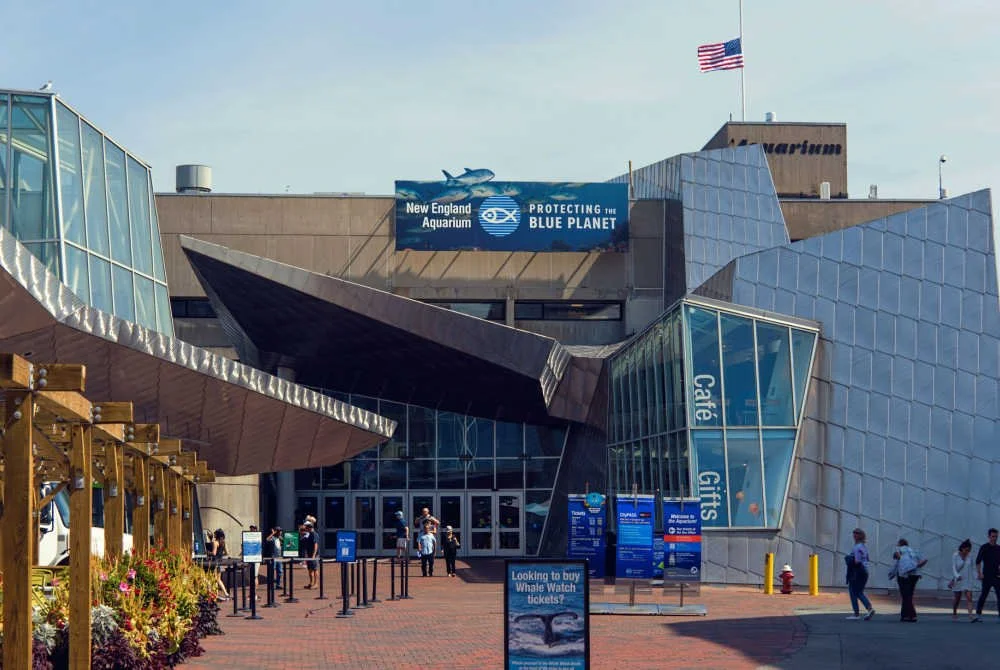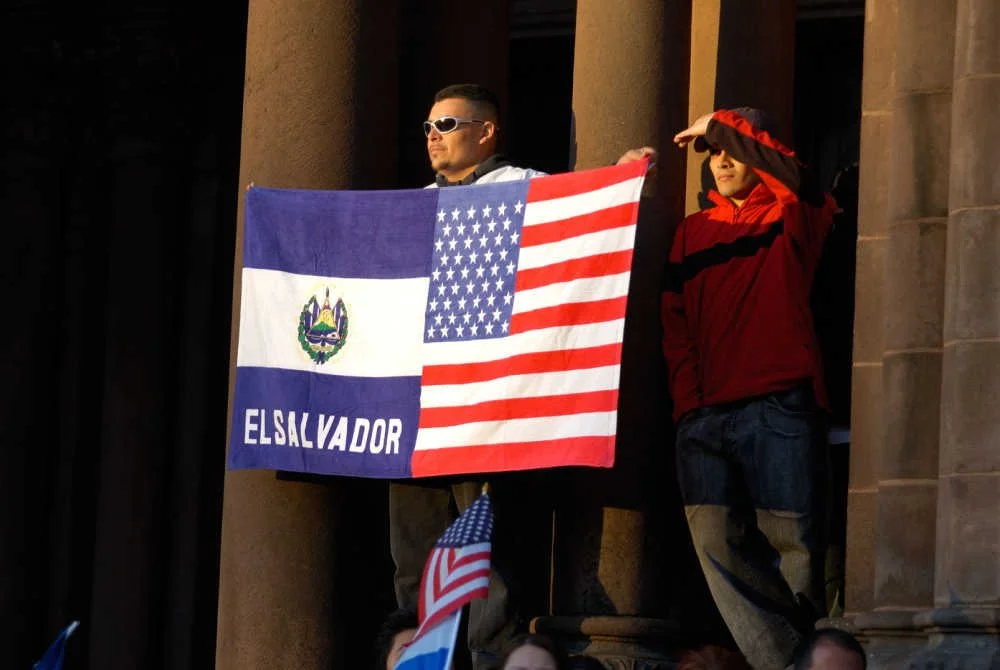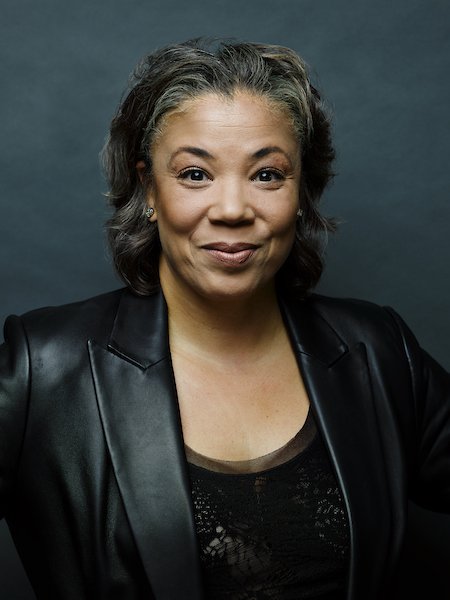The Liberty Mutual Foundation Is Fifteen Years Old. What’s It All About?
/LMF President Melissa MacDonnell
The Liberty Mutual Foundation turned 15 this year. The philanthropic arm of the global insurance company is an important player on the Boston grantmaking scene, but also supports projects in other places, too.
Recently, we asked LMF president Melissa MacDonnell, who has been with the foundation since the beginning, to update us on its current work. She talked about grantmaking in the foundation’s three main areas of focus: accessibility, security for people experiencing homelessness, and opportunity. Recent LMF initiatives have included the construction of accessible playgrounds, support for college students who are homeless, and high school internships.
Accessibility
One accessibility-related undertaking for LMF is the creation of a universally accessible outdoor play area called Liberty Playground in Plano, Texas. Construction got underway in 2018 for the playground, which will allow children of all abilities to play together.
“By creating an immersive environment where both children with and without disabilities play alongside each other, the stigma so often associated with those who are different fades,” said MacDonnell. LMF previously built a universally accessible playground in the Charlestown section of Boston, and uses that project as a model.
MacDonnell said playgrounds are proven to benefit youth in a variety of ways, such as improved coordination and motor skills, and cognitive, language and physical development. The positive aspects of all of these experiences “play a vital role in how children feel, and the confidence and resiliency they exhibit over time,” she said. As we’ve written, a small but growing number of funders is backing initiatives that support play broadly and playgrounds specifically.
Security
Youth homelessness continues to be an important aspect of the foundation work. As we’ve reported, LMF has recently been pushing this issue into the foreground of the local community’s attention and encouraging increased support, funding, and collaborative responses in support of youth experiencing homelessness (YEH).
While LMF has long backed solutions to adult homelessness, it began to fund interventions specifically for youth in 2014, when multiple nonprofit partners reported growing numbers of young people without homes. In recent years, LMF hosted the New England Summit on Ending Youth Homelessness alongside the New England Regional Interagency Council on Homelessness and the Melville Charitable Trust, which brought together federal, state and city officials, and was the first of its kind in the region. In 2017, LMF hosted a forum convening Boston Public School administrators and local nonprofits to discuss how better to support homeless young people.
A 2017 study called the Voices of Youth Count Initiative also influenced LMF’s giving in this area. It was conducted by researchers at Chapin Hall at the University of Chicago, with help from several nonprofits, and it evaluated the state of homeless youth in 22 communities around the country. The research elucidated areas of greatest need, MacDonnell said. LMF learned that black, Latino, and LGBTQ youth are at greater risk of homelessness, along with young people in foster care, those who were formerly incarcerated, or don’t finish high school.
Teens and young adults in college also struggle with homelessness. MacDonnell told us that according to research nonprofit Hope Center: For College, Community and Justice, more than one in 10 community college students in Massachusetts experiences housing instability, and as many as 40 percent are food insecure. So in 2017, this funder backed a YEH-serving nonprofit called Bridge Over Troubled Waters to help college students who are housing insecure.
Of Bridge Over Troubled Waters, MacDonnell says, “Among a select few organizations in Boston that provides true wrap-around services for YEH, the organization has been as much a mentor as a partner in Liberty’s efforts to eliminate youth homelessness.” LMF helped Bridge Over Troubled Waters purchase Liberty House, a cooperative housing development for students experiencing homelessness and attending college.
In 2017 and 2018, LMF committed more than $2 million to 24 local and two national grants addressing the challenges of youth homelessness.
A few of the other U.S. funders addressing youth homelessness and related issues that we’ve reported on in the past include the Ford and Arcus Foundations, the W.K. Kellogg Foundation, the Conrad N. Hilton Foundation, Microsoft co-founder Paul Allen (who recently passed away), and singer Miley Cyrus.
Opportunity
LMF has several programs that aim to link young people with educational and career-oriented opportunities. Many of them center on a 46-year-long partnership between Liberty Mutual and Charlestown High School involving funding, internships and employee volunteering. LMF funds 10 nonprofits working at the school, including Build Greater Boston, the Boston Debate League, and Very Special Arts. The company also offers students internship and summer employment opportunities.
MacDonnell says both programs “provide an opportunity for some academic focus, and for students to learn about potential career opportunities… [while] educating them on aspects of the insurance industry.” Students who participate in internships are paired with employee mentors, and employees are also encouraged to volunteer at the school through Liberty’s employee resource groups and service programs—Serve with Liberty and Volunteer with Liberty. Of this longstanding relationship with the school, MacDonnell says, “We continue to learn from its students and faculty every day.”
Related:
Child’s Play: Why Are More Foundations Giving for Playgrounds and Skateparks?
Making Connections: A Funder’s Approach to Youth Homelessness in Boston
Liberty Mutual also integrates giving into its employee culture through its matching gifts program. In 2017, most of its employees worldwide chose to “Give with Liberty,” for a 50 percent match with no upper limit on their donations to health and human service charities.
LMF’s total giving in 2017 was $53 million. Much of the foundation’s support stays in and around Boston, and it also spends a substantial amount matching employee gifts, which are not location-limited. MacDonnell tells us more about its giving sphere:
[Almost] half of our distributed funds stayed in Greater Boston… nearly a third of our foundation’s funds are used to match employee gifts… Employees pledged to more than 7,800 organizations this year, which means that even though Liberty makes many of our pledges in our largest employee markets, we still share in the honor of helping employees support the organizations that mean the most to them, no matter where they live.
For example, in 2017, it gave several gifts for disaster relief after hurricanes Harvey, Irma, and Maria.
****
Looking back over the last 15 years, MacDonnell says she feels a lot of pride in LMF’s work, and that “it’s important to note that none of it would have been possible without our partners and fellow stakeholders.” She reminds us the foundation “stands out among the top corporate contributors in the city and, indeed, the state.”
MacDonnell is particularly proud of the foundation’s work supporting youth experiencing homelessness, “which has filled a void that, despite the magnitude of the problem, has historically had low visibility.” She adds, “While we still have a long way to go, it feels like we are making significant progress.”
MacDonnell notes several positive local developments, like Boston’s Mayor Marty Walsh launching a plan to end youth homelessness and HUD awarding the city $4.92 million to support its YEH programs.







































